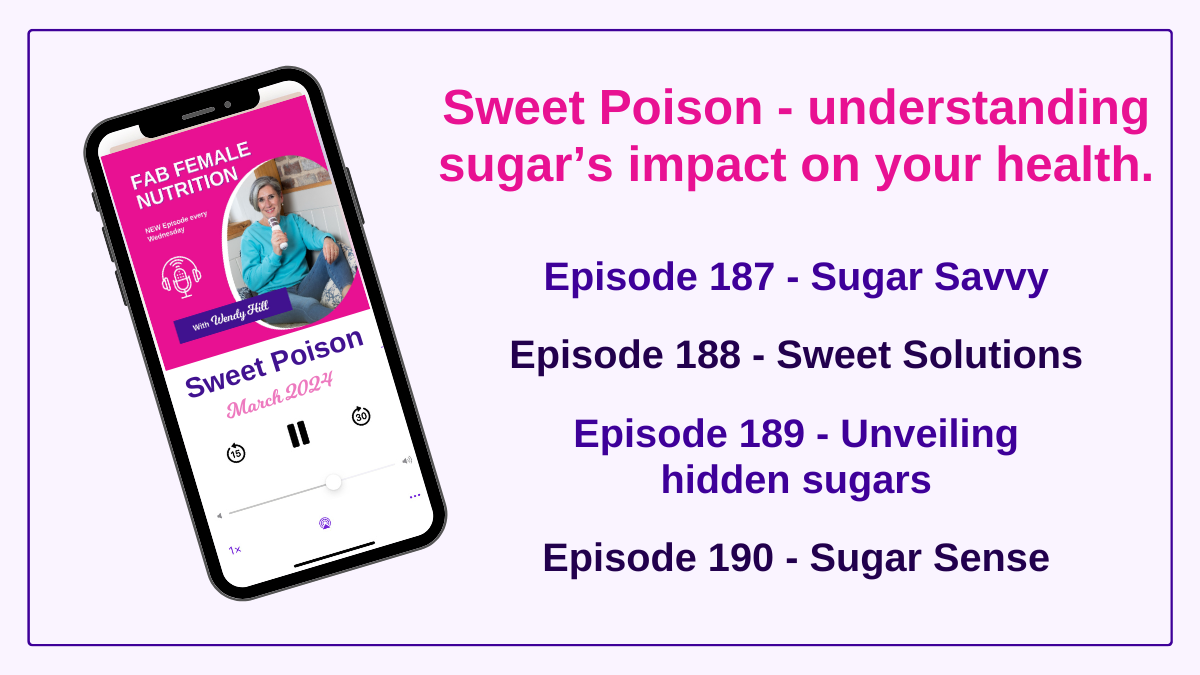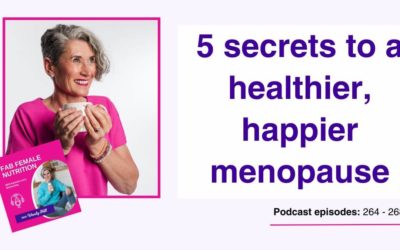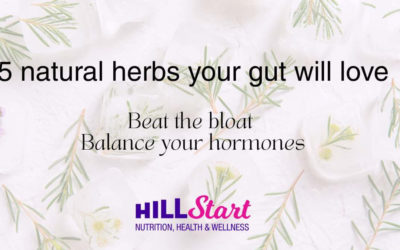Sugar may not be a poison but excessive consumption is directly associated with a whole host of chronic health conditions. Do you truly understand the role sugar plays in your body? Are you aware of the amount you consume daily through foods and beverages? Moreover, do you know if all sugars affect your health in the same way?
In this blog post, and accompanying podcast, we delve into these questions and more, providing insights into the functions of sugar within your body, shedding light on consumption habits, and exploring the nuances between various types of sugars and sweeteners. Read on to uncover the crucial answers and gain a deeper understanding of sugar’s impact on your health
1. Sugar Savvy: Unraveling its Effects on our Bodies and Health
Before diving into the topic of sugar and its effects, it’s important to clarify whether we’re referring to sugar in our diet or glucose in our bodies. While they may seem synonymous, they’re actually distinct concepts. Understanding this delineation requires a closer look at how our bodies produce and utilize glucose. So, let’s begin by exploring the intricacies of glucose metabolism to shed light on this fundamental distinction.
Your body breaks down foods into glucose, and it uses glucose as a primary source of energy. Sugar in our diet is quickly broken down into glucose, however it also breaks down other food sources into glucose such as simple carbohydrates, vegetables and fruits and even protein if you’re eating a low carbohydrate diet. The simple way to think about it is that the less complex the food, the more processed it is, or the more sugar it contains the quicker it will be converted to glucose.
If everything is working correctly, insulin shuttles glucose away and stores it in our muscles and liver, ready for use when we need energy. However, if we are eating foods quickly converted into glucose or a diet that predominantly contains these foods, it impacts our insulin levels. Then, two things can happen:
1.Insulin insensitivity
This is the technical term used when our body no longer reacts to insulin correctly. If we are eating lots of processed or sugar laden foods then our body is constantly being asked to produce insulin to help shuttle it into our liver and muscles. But after a while your body starts to get used to the insulin and it does not react correctly. You try to produce more, which can help, but it will often lead to excess sugar in the blood, pre-diabetes and ultimately type 2 diabetes melitus (T2DM)
2. Increase in visceral fat
When you have stored as much glucose as you can in your muscles and your liver your body will immediately turn the excess into fat. And it stores this firstly around the middle. This is a survival instinct. Your body is protecting you against starvation, it can quickly mobilise this body fat into glucose for energy next time there is a famine.
Blood glucose monitors – how sugary is your blood?
Blood glucose monitors have become very popular in recent years they are usually worn on the back of the arm and connect with your smartphone. They measure the levels of sugar in your blood so that you can immediately see how certain foods affect your levels. In theory if you get a high reading (known as a spike) after eating it will encourage you to adjust your diet to reduce spikes and keep your levels balanced.
It is important to note that lifestyle can affect your blood glucose levels, poor sleep and stress have been shown to increase levels. Moreover, it’s essential to ensure that dietary changes aimed at reducing blood sugar spikes align with overall health goals. For instance, while a bowl of porridge might initially cause a spike, adding nuts and seeds can enhance the meal’s nutritional value and mitigate the spike. Conversely, swapping porridge for bacon and sausage might avoid a spike, but it could compromise overall health by lacking essential nutrients and potentially impacting cholesterol levels.”
Balancing Energy: Navigating the Role of Sugar
Managing energy levels through sugar is a widespread practice, but it’s important to do so wisely to avoid crashes and maintain overall health. While sugar provides a quick energy boost, it can cause problems with insulin regulation and adding inches to our waistline. Instead focus on consuming complex carbohydrates, healthy fats, and proteins, which provide sustained energy without the rapid spikes and crashes associated with simple sugars.
To listen to this podcast episode released on 6th March click the link below
2. Sweet Solutions: Weighing the Pros and Cons of Sweeteners
Artificial sweeteners have been around for over a century, but it wasn’t until the late 1950s that they began gaining popularity in food products. The idea behind adding them to our food was that they are a calorie-free alternatives to simple sugars, with the belief that it could help reduce overall calorie intake and aid in weight management. This shift marked a significant change in food and food manufacture. It heralded the start of food being processed in large plants and ingredients added, or taken away, the beginning of ultra processed food.
If you look back at photos from the 1960’s and compare them every ten years we are getting progressively fatter and fatter as a nation. The idea behind sweeteners was good but it’s clearly not working, so what went wrong?
Artificial sweeteners – are they tricking your body?
We used to think that adding sweeteners to food that had no calories, such as fizzy pops, our body released a little insulin from the sweet taste in the mouth. If we didn’t eat foods, then the insulin was not used and eventually lead to decreased receptor activity due to insulin resistance. We also thought that the drop in glucose levels along with the expectation of food, encouraged us to go on the hunt for something sweet to rebalance. This could lead to an increase in sugar consumption and insulin resistance – T2DM.
However emerging evidence is showing that eating foods with sweeteners are increasing glucose levels in the body to the same extent as sugar. This is impossible, but it is happening, and it just shows the complex relationship our body has with food. We don’t fully understand, and we are eating foods containing artificial ingredients turning us all into human guinea pigs.
Artificial sweeteners are they all bad?
If sugar is causing matabolic issues then doesn’t it make sense to swap simple sugars for artificial sweeteners in your diet? The clue is in the name ‘artificial’ these are chemical substances that are mimicking a natural food in our diet. I don’t agree with consuming chemicals if we can help it.
Simple sugar, the white stuff that you see in bowls all over the country is added to foods for one purpose, to make it sweet. There are other options available to us that will give sweetness, along with some nutrients. The more complex and nutrient-dense the food, the longer our body takes to process it and therefore the smaller the blood sugar spike.
An easy swap is honey or maple syrup in drinks and things like porridge or breakfast cereals. Remembering that fruit is naturally sweet, but also filled with fibre and wonderful phytonutrients is key to satisfying a sweet tooth without risking long term health. Grated apple and mashed banana can be used in many recipes to naturally sweeten dishes. I encourage you try get creative in the kitchen, and why not share with me your results?
What are natural sweeteners?
It’s not always possible to use maple or honey in foods, especially those in powder form, such as powdered vitamins.
The advantage of powdered vitamins is that when mixed with water they reach our stomach quickly and are readily available for our body to process. If we were all wonderfully compliant humans and able to drink liquids that didn’t taste great in order to get our vitamins then we wouldn’t need to sweeten them. However we are not. If we were we would all be eating all the vegetables we needed and wouldn’t need the sweeteners anyway.
There is a fine balance between taste and health and in order to encourage people to give their vitamins a certain minimum taste acceptance. That’s why stevia is a good natural alternative. Steviol Glycosides, is obtained from the stevia leaf (which by itself is not very palatable) and it is 200-400 times sweeter than sugar, meaning just a little bit can be added to our powdered supplements to make them tasty and easy for everyone to enjoy.
The bottom line is still to avoid them if you can, and if you can’t then make sure it’s as natural as you can rather than a potentially toxic, man-made, chemical.
To listen to this podcast episode released on 13th March click the link below
3. Unveiling Hidden Sugars: Navigating Sweet Surprises in Your Diet
When you eat a chocolate bar or a dessert you know that you are going to be eating sugar. And for most of us we enjoy the taste and it doesn’t cause us a problem. However, sugar is hiding in many foods so that many of us are consuming much higher levels than we realise.
How much sugar is okay?
The government recommends no more than 30g of added sugars a day, that is approximately 7 teaspoons. That’s added sugar. Fruits don’t count as they are filled with fibre and nutrients so they have health benefits.
However a word of caution around fruit consumption, I recommend just 2-3 portions of fruit a day to clients, and if you are drinking lots of fruit juice every day you seriously need to reconsider that. A 150ml glass per day is the recommended maximum amount, and a 250ml (standard glass) has about 22g grams of sugar. This is because it takes about 5 oranges to get a glass of juice. I’m guessing it would be quite difficult to eat 5 oranges, but at least then you would be getting the fibre. Juice has the fibre removed so it’s barely better than drinking a fizzy soda pop.
According to the NHS the average UK adult is consuming 100g of added sugar a day. Thats over 3 times the recommended amount. But if you are not adding spoonfuls to your tea or eating several chocolate bars a day, you won’t be consuming anywhere near that will you?
Is sugar hiding in your healthy diet?
Green washing is the term we use when foods look healthy from the packaging but when you read the label you realise that they are not what they seem. I think we all know that chocolate and sweets contain sugar, but did you realise that your fibre filled cereal bar is packed full of added sugar?
Here are just some of the places that sugar is hiding in your healthy diet:
- Seeded brown bread – around 1.7g per slice
- Fruit yoghurt – around 12g per pot
- Breakfast fibre bar – around 7g per bar
- Tomato Soup – around 20g
- Chilli Sauce Jar – around 25g per jar
The only way to truly know if your food has sugar is to check the label. And you are not just looking for sugar; it might be listed as fructose, sucrose, or corn syrup. If you wouldn’t add sugar to the food when you are making it in your own kitchen, then it should not be added in the processing plant. We might not all have time to make everything from scratch, but we can learn to be label-savvy.
Are you shocked by the amount of added sugar you didn’t realise was in your diet? It’s time to take back control – you decide what goes into your shopping basket and we can significantly reduce the amount of sugar from abandoning brands that add sugar unnecessarily to our food.
Has this episode made you start to read food labels, I’d love to know.
To listen to this podcast episode released on 20th March click the link below
4. Sugar Sense: Navigating Daily Intake for Optimal Health
Is sugar addictive? I talk to many clients who tell me that they feel they are unable to give up sugar. That they get an uncontrollable urge to consume sweet things and they feel it is out of control.
I run a 28 day Transformation Program three times a year in which sugar, amongst other things, is not allowed. During the 28 days we work on resetting the body’s sweet barometer and re-educating your palate.
Is sugar really addictive?
Scientists studied what happened when we eat sugar and found that it activates dopamine, which is the same chemical activated if you take drugs such as cocaine. This led to the thought that sugar is addictive, and whilst you might crave it, it’s a bit of a stretch to say it is addictive.
However, when you eat a lot of sugar your tastebuds become dulled to the sweetness. However, once you cut out unnecessary added sugar and sweeteners for a few weeks it’s amazing how quickly your tastebuds reset. Foods that you used to consume on a regular basis will taste over sweet and artificial, and you will rediscover the wonderful natural sweetness of real fruit.
The impact of hidden sugars on our health
Because sugar has become so prevalent in our daily diet, we are becoming less senstitive to the taste of it. I beleive this is what is driving the excessive or compulsive consumption some of us are feeling. Our brain knows that sweet tasting foods will give us an energy boost and so when we are tired it will naturally encourage you to seek out sweet foods.
The key is to reset your tastebuds. And the first step is to cut out hidden sugars from your diet. Start to check labels and unless it is meant to be sweet put back anything that contains:
- Sugar
- glucose
- sucrose
- corn syrup
- maltose
- dextrose
Start to use natural foods to sweeten your meals such as honey and maple syrup. Try adding figs to desserts as well as apple sauce or mashed bananas. Cut out artificial sweeteners in food and drink – again check the labels. Do this for at least 4 weeks and you will find that foods you used to enjoy will suddenly taste very sweet.
What alternatives can you have a sweet treat?
If you have time to make your own desserts great, but if not then you can still enjoy a dessert or treat, but you have to think a little bit differently. Try buying plain yoghurt and adding your fruit to it, such as chopped mango or ripe berries, add a drizzle of honey if you like. Enjoy Medjool dates which are naturally sweet and gooey with nut butters and dark chocolate, a healthy alternative to sticky toffee pudding. Buy snack bars that only contain real ingredients – things that you would find in your cupboards.
I’d love to know if you are going to quit added sugar and reeducate your tastebuds?
To listen to this podcast episode released on 27th March click the link below
Did you enjoy the topic of these episodes, have you got any feedback or questions? Please reach out to me via my social media channels, I’d love to hear from you. And don’t forget to subscribe to the podcast so that you don’t miss an episode.
My links
A note about our sponsor
Revive Active, Ireland’s leading Super Supplement Brand, we are proud to have them as sponsors of this podcast as their formulas stand out as a powerhouse of premium ingredients, working together in perfect harmony to bring you optimum benefits.
Revive Active is committed to selecting components that not only enhance your vitality but also cater to your specific needs. Every ingredient is carefully chosen for its efficacy and is supported by rigorous scientific research. Revive Active believes in transparency. What you see on the label is what you get – no hidden ingredients or undisclosed fillers, binders, caffeine, or stimulants. Convenience meets effectiveness in every sachet, from radiant skin to boosted energy levels, each formula is designed to enhance your overall well-being.
My favourites from their range
REVIVE ACTIVE is a powerhouse of 26 active ingredients—your essential replenishment for what life takes out with the support of HERO ingredients like CoQ10 for cellular energy, Citrulline DL Malate to fight fatigue and support heart health, and L-Arginine for active blood flow.
Meet MASTERMIND, your brain’s secret weapon! This specially formulated supplement supports brain function with a potent mix of 7 vitamins, 1 mineral, Omega 3 DHA, Uridine, and Choline—all in one handy sachet. Enhance mental focus, and beat that mid afternoon slump without interfering with your sleep, this is your maximum productivity and focus tool. Plus, it’s Vegetarian, Gluten-Free, and Halal Certified.
BEAUTY COMPLEX, one of the award-winning super supplements, boasts 8 potent ingredients in one easy, convenient sachet. Featuring Type 1 Marine Collagen, Hyaluronic Acid, Phytoceramides and Biotin, the synergy of these HERO ingredients goes beyond aesthetics, aiming to reduce visible signs of aging and enhance your overall look and feel. Beauty, indeed, starts from within.
Embrace menopause fearlessly with MENO ACTIVE—a product backed by over two years of dedicated research. This unique blend of 31 active ingredients, including 12 vitamins, 7 minerals, 4 plant extracts, Omega 3 DHA and more, is designed to support you during this transformative journey of change. With a daily sachet and capsule, it’s a powerful combination to navigate the menopausal phase with ease. Meno Active is your empathetic companion for a smoother transition.
Join me and countless women who have made Revive Active an integral part of their daily routine, experiencing a positive impact on their health and overall well-being.
Want to know more about ways to work with me?
There are many ways that you can work with me to balance your hormones and improve your health and wellbeing.
On Facebook the Fab Female Nutrition Club is a wonderful FREE community where I offer lots of support and advice on female health and wellbeing. I also love to cook and create recipes and I’ll often be seen in the group cooking live and sharing all the wonderful health benefits of the ingredients used.
My Fab Female Nutrition Membership sits alongside the free club, but offers you lots of resources and group coaching with me. The hub has the full recipe book that is constantly being updated, the 5 elements of health containing resources and guides to help support you in your health journey. And 6 group coaching calls a year, plus access to other member benefits such as discounts from group programs.
A few times a year I work with groups of ladies to transform their health and wellbeing. Appropriately called The Transformation Program it can help with many differing issues and we have had hugely impressive results – including up to 100% reduction in symptoms. If you suffer with IBS, fatigue, inflammation, hormonal imbalances or just want to spend some time concentrating on your health and wellbeing they are fabulous value and great fun.
If you feel like you need a more bespoke option, then my 1:1 coaching and testing is for you. We will concentrate on your specific needs creating nutritional protocols that support your health goals. We take a full health history, then tailor testing to help create and refine protocols so that you learn about your body and how to support it. I will be with you every step of the way to guide you and ensure that you realise your true health potential. Find out more here.




